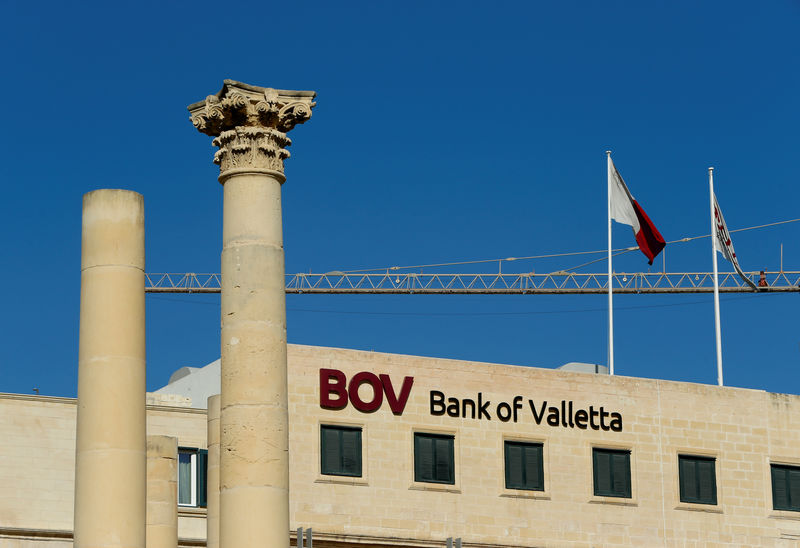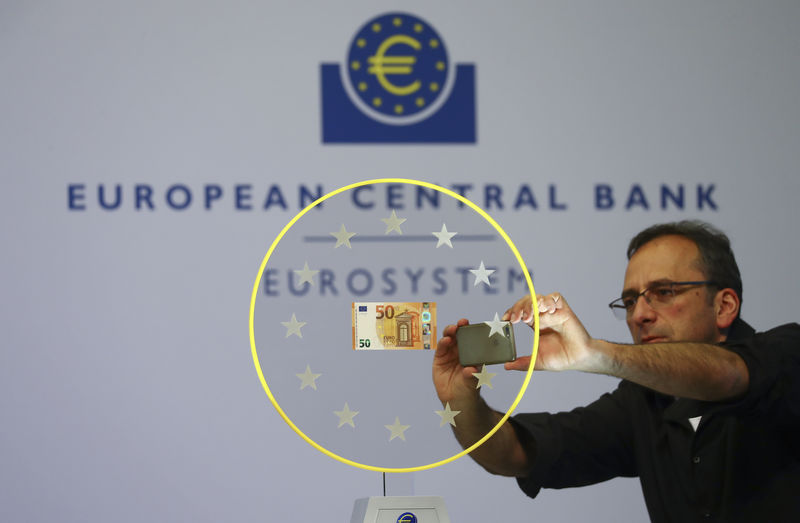BRUSSELS (Reuters) - European Union lawmakers urged Maltese and EU authorities on Thursday to investigate Malta's top lender after the European Central Bank (ECB) found its risk monitoring had "severe shortcomings" that could have allowed money laundering or other criminal activities.
Reuters reported on Wednesday about a confidential ECB review of Bank of Valletta (BoV) (MT:BOV) in which the Frankfurt-based regulator said BoV had failed for years to detect or address risks involving thousands of payments.
The ECB called for remedial action by the end of this year to deal with the problem.
"Maltese authorities would be well advised to investigate thoroughly what went wrong and if criminal offences have been committed in the process," said Markus Ferber, a German center-right lawmaker who leads on financial matters in the largest political grouping in the European Parliament.
Sven Giegold, the Greens' leading European lawmaker on financial matters, urged a European investigation on the dirty-money risks identified at BoV.
Bank of Valletta (BoV) said on Thursday that it has, over the past eighteen months, been conducting a major transformation program which is expected to be completed by the end of the second quarter of 2020.
It said the de-risking of legacy issues is taking longer to implement but it expects significant progress by the second quarter of 2021.
In an email, Malta's police declined to comment on whether any criminal investigation had been launched.
"Compliance issues and breaches are not criminal offences" and should be handled by administrative bodies, the police said.
"Should cases of money-laundering breaches be discovered, then the police will be involved accordingly."
An ECB spokesman declined to comment.
In July Moneyval, a European money-laundering watchdog, said the fight against dirty money did "not appear to constitute a priority for the Maltese authorities", and raised concerns about the police's ability to combat financial crime.

EU finance ministers are set to approve a joint statement in December in which they will call for a transfer of powers over money-laundering policing to EU authorities, according to a draft document seen by Reuters.
